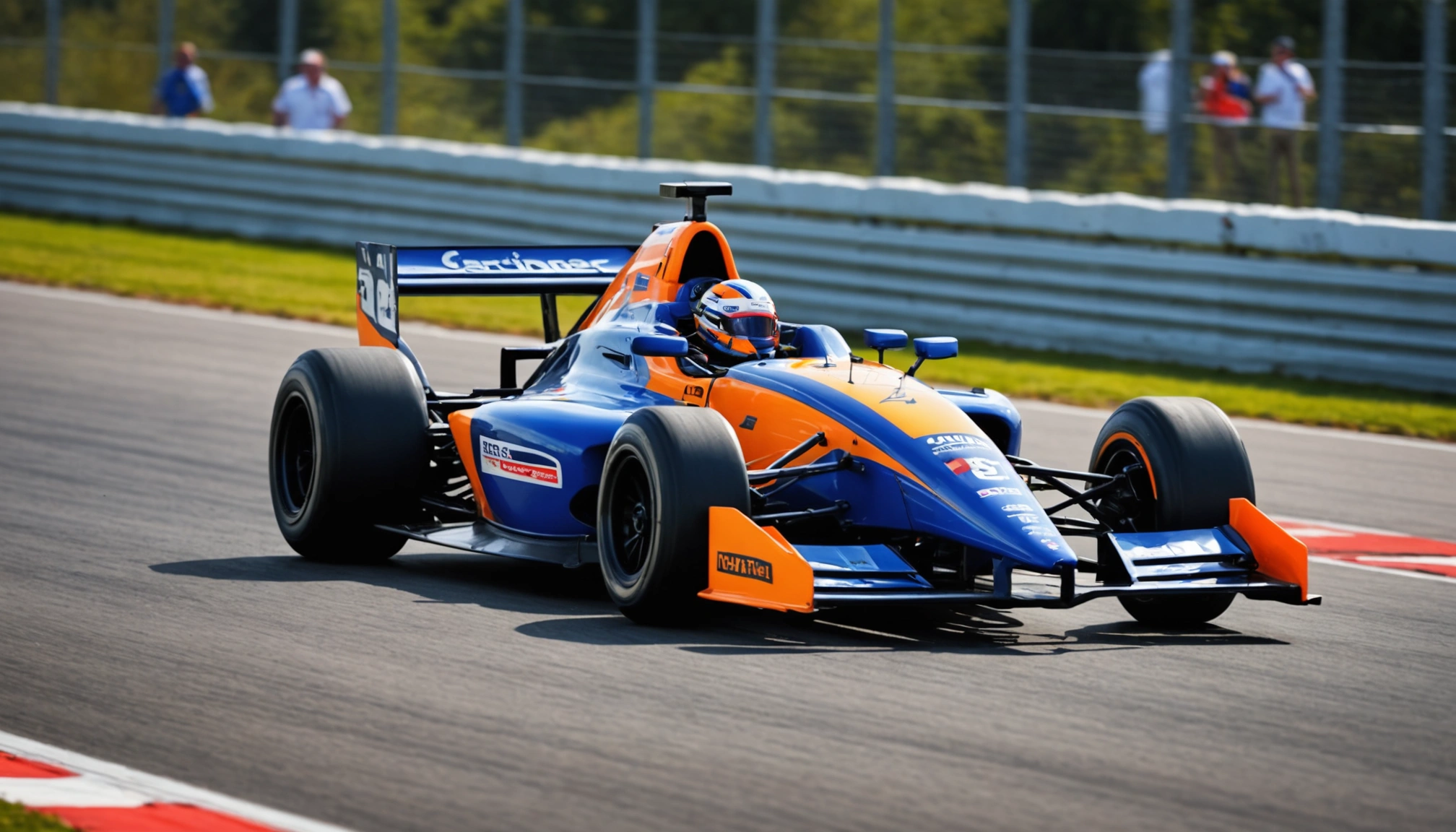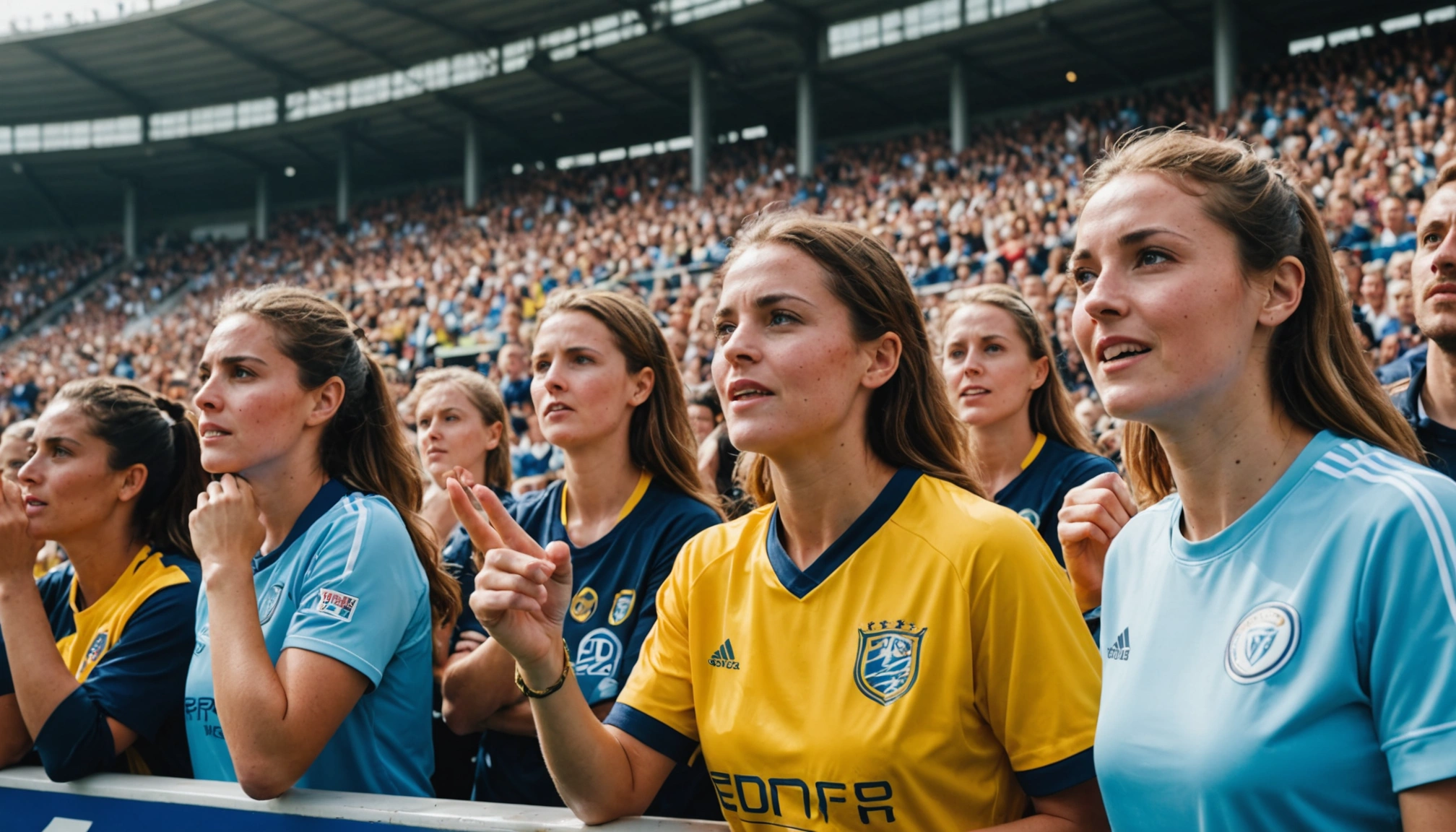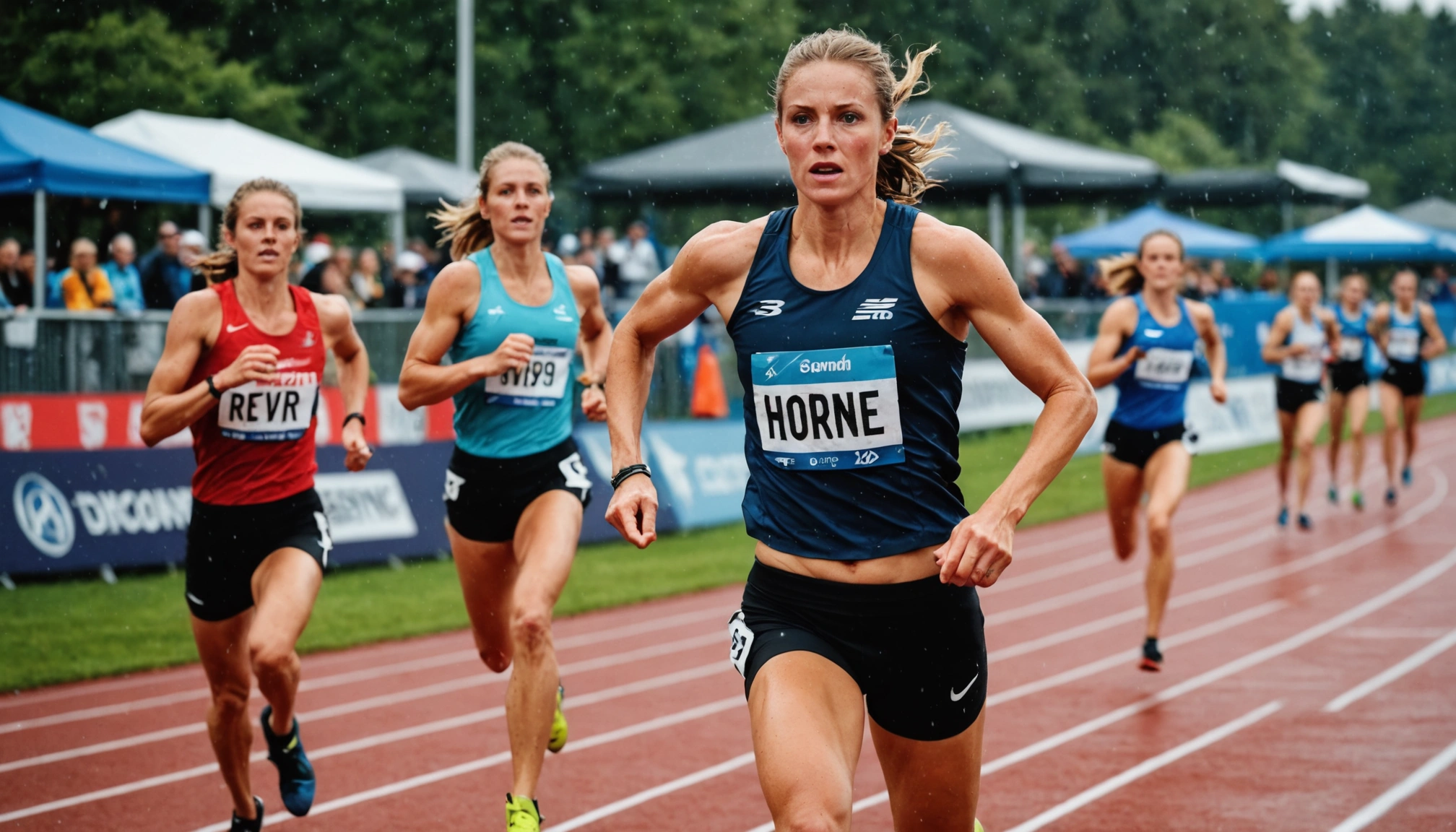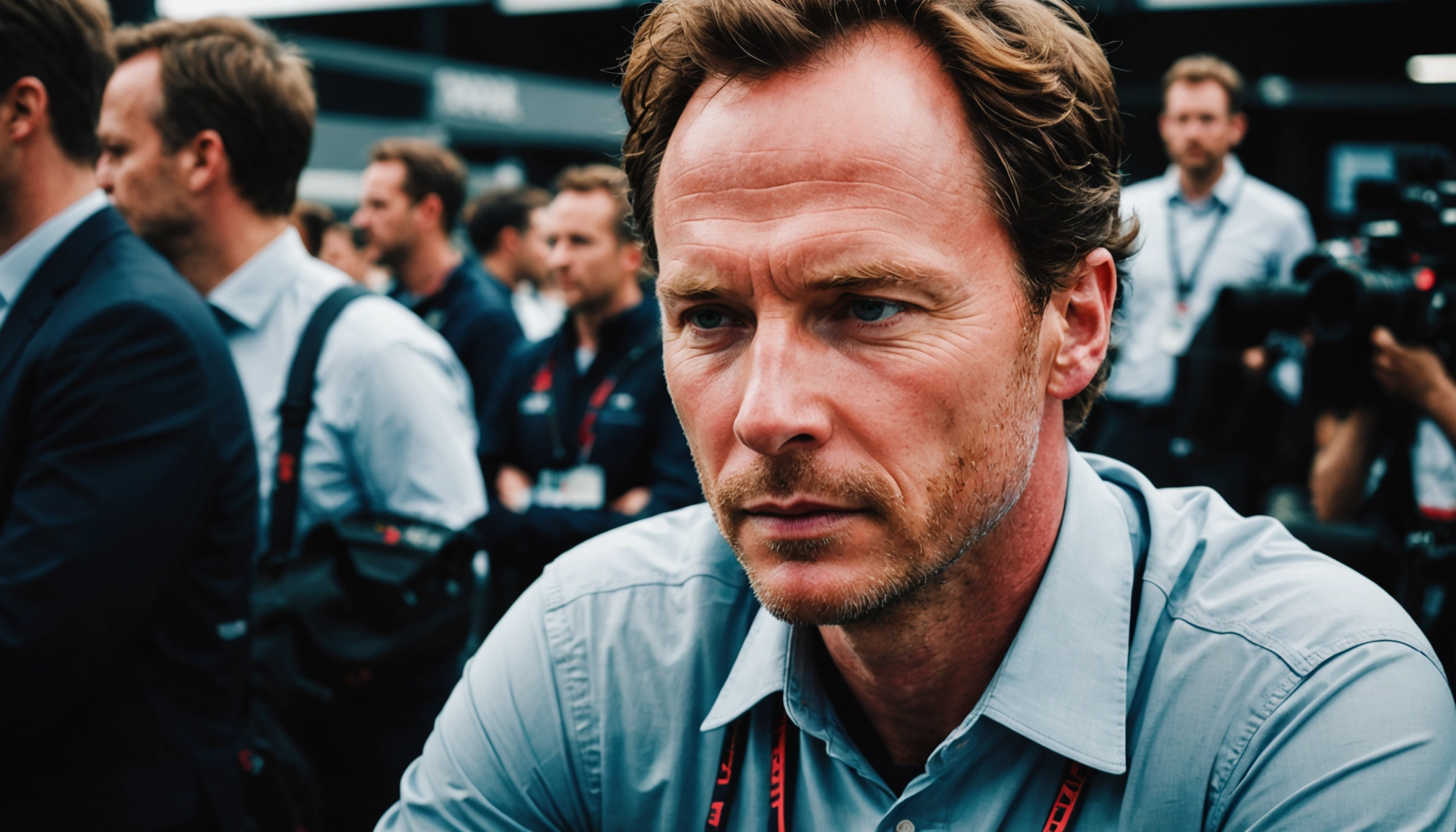Max Verstappen’s Evolution Beyond The Drive To Survive Villain
Discover how Max Verstappen has shed his Drive to Survive villain image and matured into a respected Formula 1 champion with a compelling story.
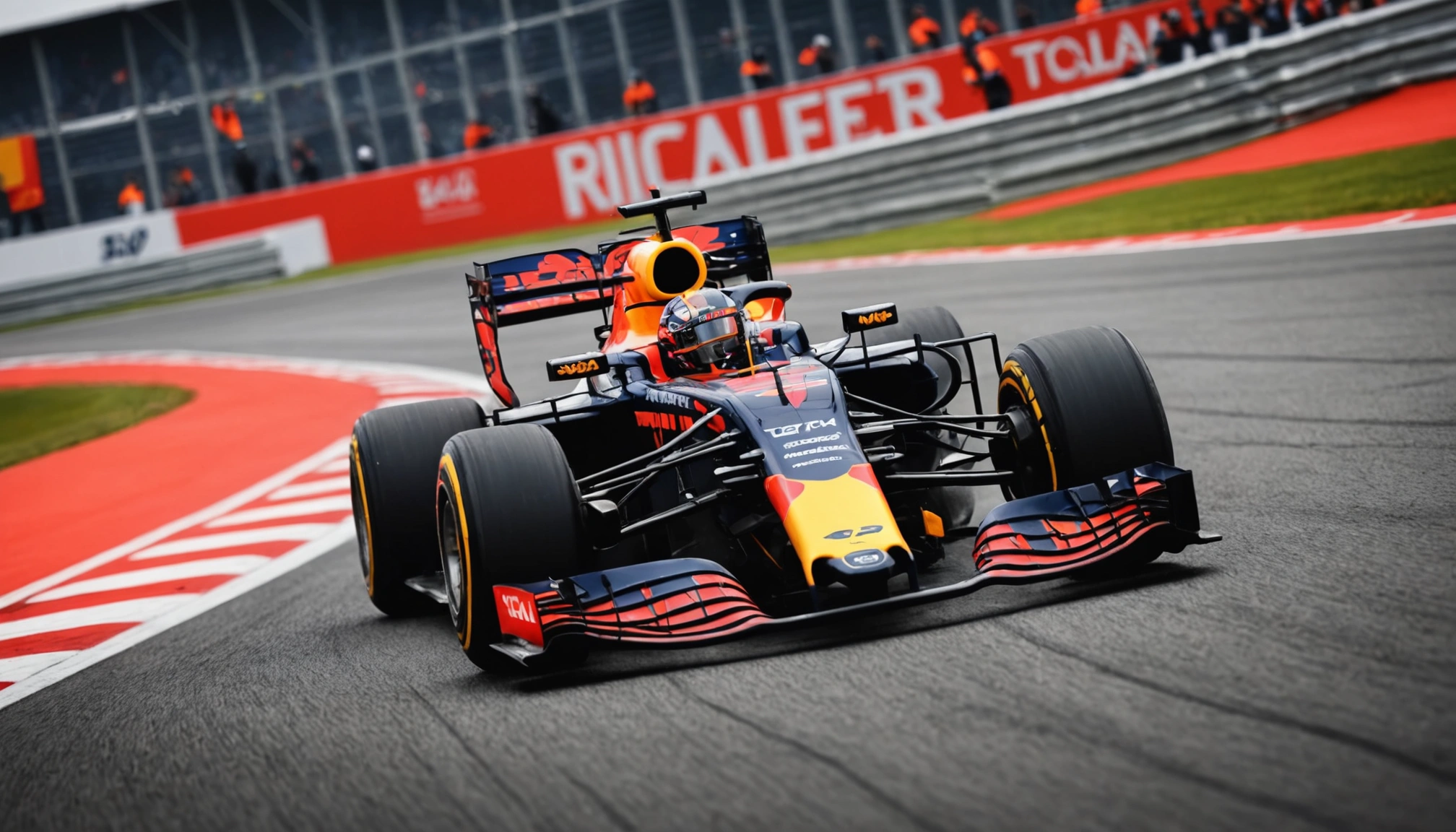
By Editorial
Introduction To Max Verstappen’s Changing Image
Max Verstappen’s rise in Formula 1 has been nothing short of spectacular. Initially portrayed as the brash villain in the popular Netflix series Drive to Survive, Verstappen has now outgrown this caricature. His journey from a controversial figure to a mature, respected world champion offers fascinating insights into the pressures and narratives surrounding modern F1 stars.
The Drive To Survive Effect On Verstappen’s Reputation
The Netflix series Drive to Survive has transformed Formula 1’s global popularity by showcasing behind-the-scenes drama and rivalries. However, this gripping storytelling sometimes simplifies drivers into easily digestible roles. Verstappen was often cast as the aggressive antagonist, a portrayal that fed into existing perceptions but did not fully capture his complexity.
This villainous label sparked widespread debate among fans and commentators alike. As noted in the wider context of sports media, sensationalism can heavily influence public opinion. For instance, similar controversies arise in football, such as the Isak and Wissa transfer saga, where narratives shape how players are viewed beyond their performances.
How Verstappen Has Matured On And Off The Track
Verstappen’s evolution is evident both on the circuit and in the media spotlight. His driving style, once criticised as reckless, has become more measured without losing its competitive edge. Statistically, his race finishes and championship points have shown greater consistency, reflecting his growing maturity.
Off-track, Verstappen has become more media-savvy, choosing interviews and appearances that highlight his thoughtful, strategic side. This shift challenges the one-dimensional villain image and reveals a dedicated athlete focused on long-term success.
Case Study: 2023 Formula 1 Season
The 2023 F1 season offers a clear example of Verstappen’s changed role. Not only did he secure multiple wins, but he also demonstrated sportsmanship and team leadership that were previously underappreciated. His interactions with rivals like Lewis Hamilton—whose resurgence was noted by the Ferrari boss—show a more respectful and strategic competitor.
The Impact Of Media Narratives On Athlete Perceptions
The power of media narratives in shaping athlete reputations is immense. Verstappen’s experience mirrors how storylines can create heroes or villains quickly. This phenomenon is not unique to F1; other sports have seen similar patterns, such as the recent revelations in tennis about doping controversies, detailed in Inside the doping deal that shook tennis world number one.
Understanding this dynamic helps fans appreciate the complexities behind headlines and encourages a more nuanced view of sports figures.
What This Means For Formula 1 Fans And The Sport
For F1 enthusiasts, Verstappen’s transformation invites a deeper appreciation of the sport’s evolving narratives. It challenges us to look beyond sensational portrayals and recognise the human aspects of drivers under intense scrutiny. This shift also reflects Formula 1’s broader growth into a global spectacle where personalities are as important as performances.
The sport’s expanding fanbase, supported by accessible coverage like the BBC Sport football coverage, demands honest and engaging storytelling. Verstappen’s story is a prime example of how these narratives can evolve positively.
Conclusion: Verstappen’s Legacy Beyond Drive To Survive
Max Verstappen’s journey from a Drive to Survive villain to a respected world champion underscores the complexities behind sports personas. His growth highlights the importance of context, maturity, and media literacy in interpreting athlete stories. As he continues to define his legacy on his own terms, fans and commentators alike are reminded that there is always more beneath the surface of headline narratives.
For readers interested in wider sports media dynamics and athlete reputations, exploring related stories such as the Crystal Palace scouts controversy reveals how stereotypes and media framing affect sports culture across disciplines.
Related topics
Editorial
Sports expert at SportsScoop
Specialist in sports analysis and journalism
Related articles
Want to read more?
Explore our comprehensive collection of sports articles and analysis, or contact us for more information.
